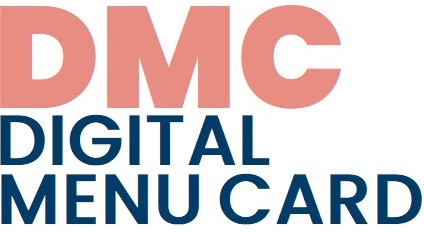- Loghează-te sau înregistrează-te să postezi comentarii
According to Rogers (1984), experiential pedagogy is nothing more than a person-centred pedagogy, focusing on the development and success of both the individual and the group.
Experiential pedagogy is based on experiential learning. It emphasises the 'give it a go, try it, listen, smell it, experience it for yourself' approach, in which the possible failure of one's own experiments is an important experience. The student is not provided with ready-made solutions, but solves the problem through his own attempts, often in groups rather than alone. The passive, receptive role is replaced by learning through a cognitive activity, which also creates motivation for learning through activity and experience.
The range of teaching-learning methods that are experiential or experientially based is very wide. For example, cooperative methodologies and gamification belong to experiential pedagogy as well, as both put the learners' personal experiences at the centre of the learning process.
Common problem solving doesn't only develop students' social skills, but their knowledge as well. After the experience of solving a problem together, both the one who asks questions, and the other who answers will know more about the topic as well as about human interactions.
Experiential pedagogy teaches through direct experience and action by students. It aims primarily at developing personal skills, self-awareness, self-esteem and individual responsibility.
In experiential education, there is always chance, unpredictability, excitement, creativity and divergent thinking involved rather than a well-trodden path. The most important elements of an experiential education session are processing, discussion, reflection and self-reflection following direct experience.
The reflection circle and discussion aim at processing emotions, developing self-awareness and the ability to assess the situation realistically.
Experiential education should not become a dogma, i.e. its most effective use is to enrich traditional ways of knowledge transfer with projects based on experiential education. In this way, self-discipline, reflection and attention are trained (traditional learning) and motivation and a sense of achievement are also developed (experiential learning).
"In experiential education, the journey itself is more important than the outcome".
